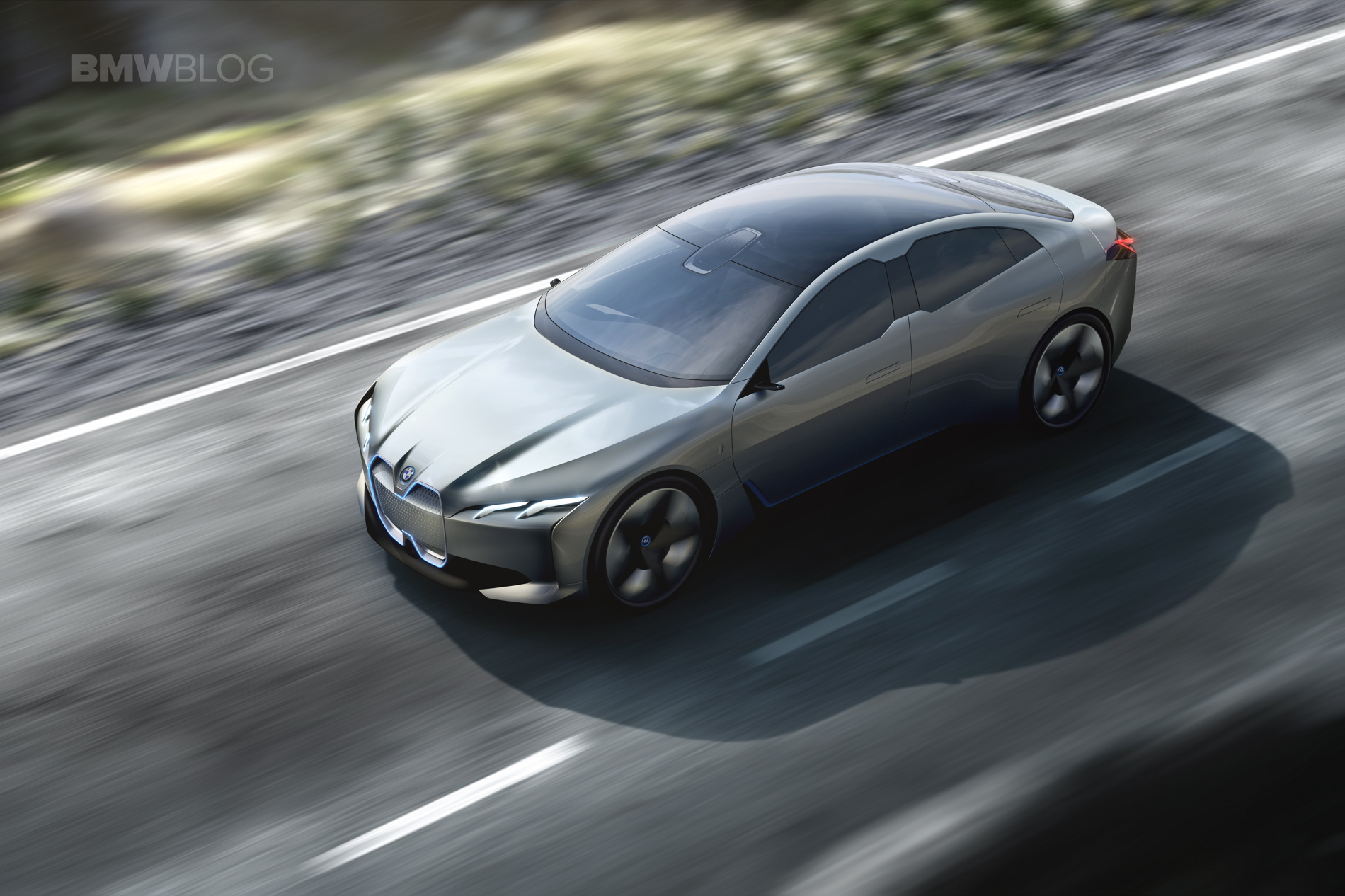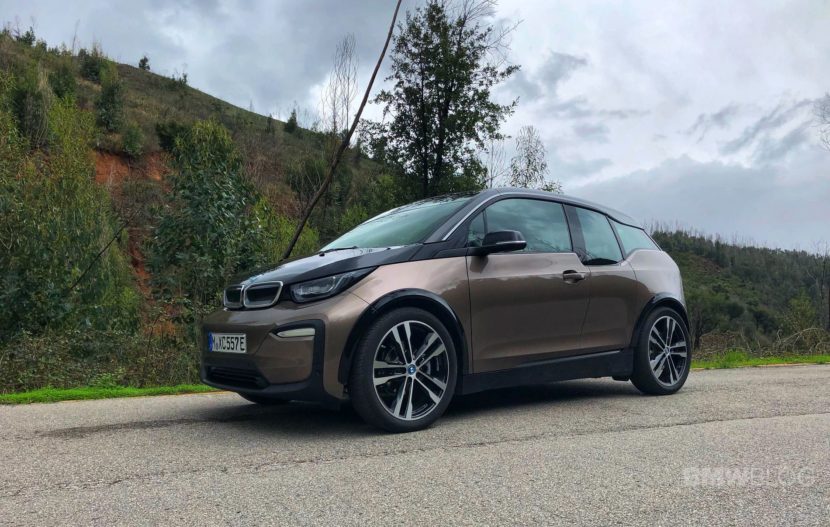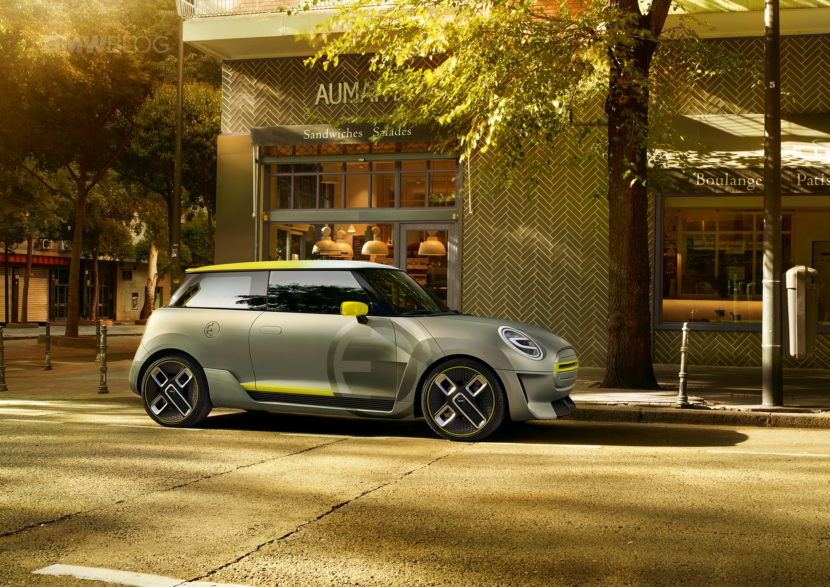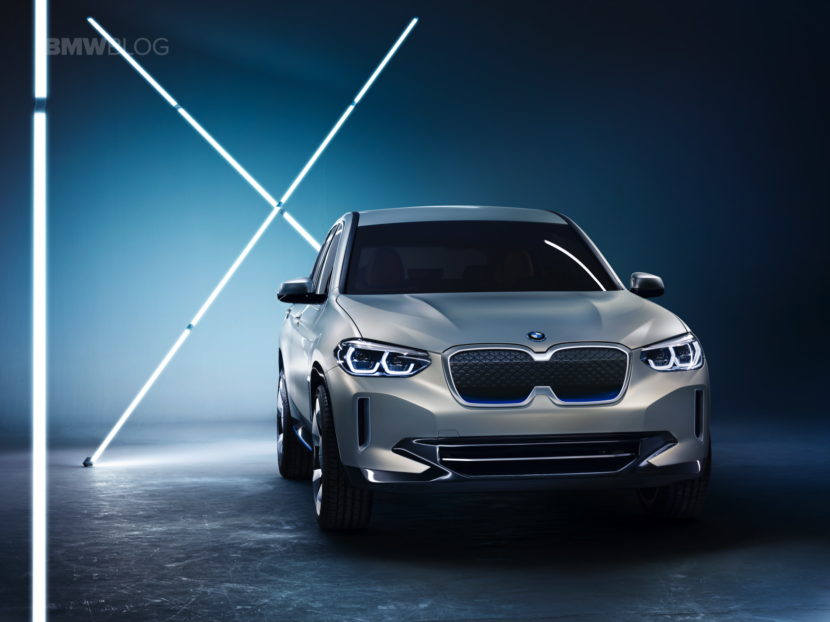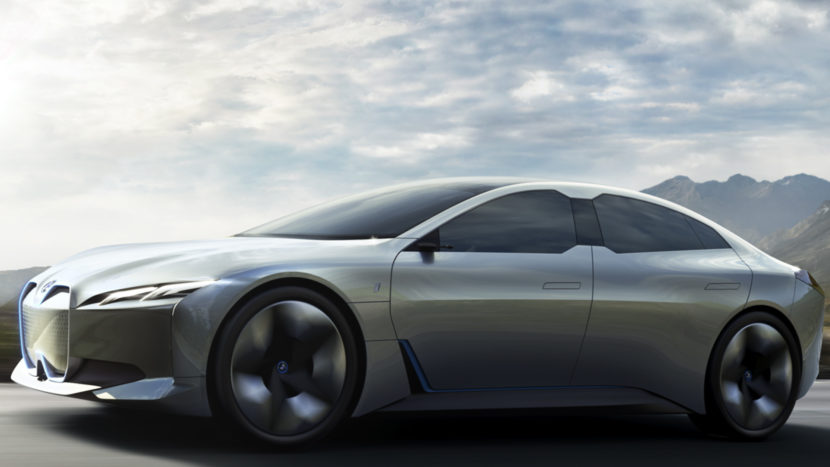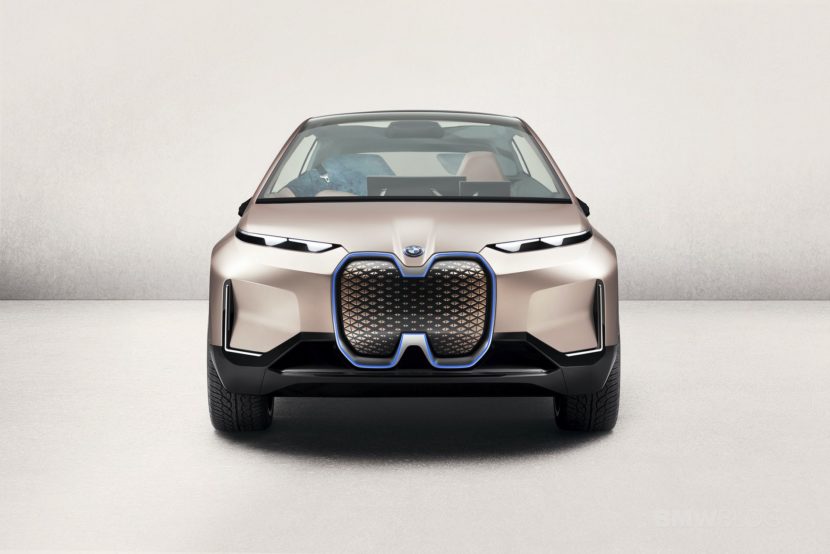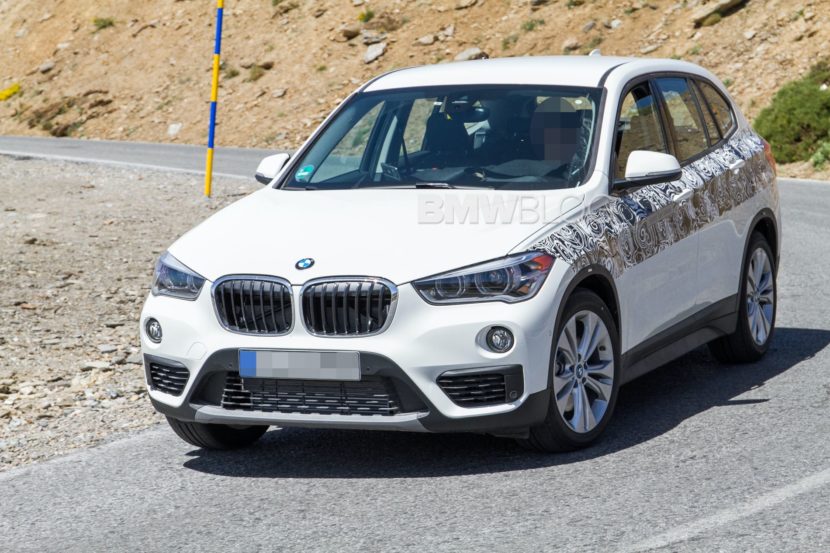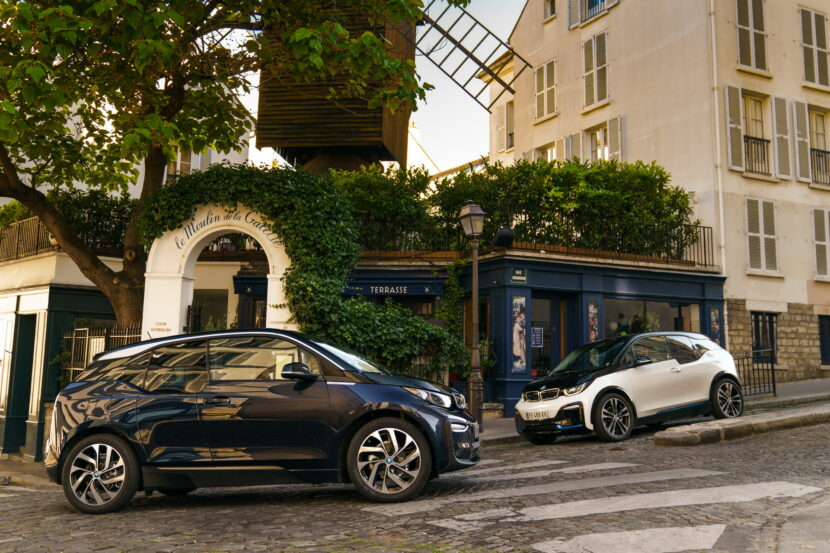When BMW first launched the i Division in 2014, hopes were high for the Bavarians. Funny commercials were putting the quirky BMW i3 in front of the mainstream and rave reviews about the BMW i8 were pouring in. However, the hype quickly fizzled, as cars like the Tesla Model S and Nissan Leaf rose to popularity. Soon thereafter, Tesla followed up with the Model X and now the Model 3, Chevy introduced the Bolt and Audi debuted the e-tron. While BMW still has the same i3 and i8, neither of which are very popular with the public and neither of which offer much over their competitors. In fact, the BMW i3, now with its largest battery to date, still doesn’t have as much range as the much cheaper Chevy Bolt.
For BMW to once again become a leader in electrification, it’s going to need new models. Many new models. In fact, the Bavarians are planning on launching twelve new completely electric vehicles by the time this new 3 Series runs its life cycle. By 2025, BMW plans on released twelve EVs, some entirely new cars, some updated versions of existing cars and some electrified versions of existing cars. Regardless of the type, there will be twelve purely electric BMWs in just over six years time, all part of BMW’s NUMBER ONE > NEXT strategy.
So let’s take a look at them.
BMW i3
Okay, let’s start with the i3. Despite being a bit long in the tooth now (isn’t it crazy how fast techy cars age?), the BMW i3 will stick around for 2021. We can expect maybe a battery upgrade or two, maybe some tech upgrades as well, but the i3 will still be here by the time 2021 rolls around. Will it still be competitive in the market? Hard to tell, as we don’t know exactly what BMW has in store for it and we don’t know exactly what the market will be like. It will still be here, though.
MINI Electric
This is one of the more exciting electric cars that we’ll be seeing from the BMW Group. With its small compact size, millennial fanbase and urban styling, the MINI Electric should be an absolute hit. Plus, if any brand on the market could benefit the most from electrification, it’s MINI. Imagine a tiny little MINI with a ton of instant electric torque? That could be a blast. We’ve already seen a concept of the MINI Electric and it looks a lot like a current MINI Cooper Hardtop 2 Door, just with some funky wheels and green accents.
BMW iX3
We already know quite a bit about the BMW iX3 and have already seen several spy photos of it, as well as a concept. In a nutshell, the BMW iX3 is going to be an electrified version of the current BMW X3, built on the same chassis. main differences will be that it will, obviously, be fully electric and only rear-wheel drive. It will also have a range of about 250 miles, give or take a couple, and will be capable of DC fast charging. The iX3 will likely debut in 2020, with it possibly being revealed late next year.
BMW i4
This is arguably the most exciting BMW EV on its way. The i4 will be a gran coupe of sorts, with four-door coupe-like styling. From what we’ve heard, the BMW i4 will get similar styling to the BMW i Vision Dynamics Concept. It’s also said to get two electric motors, one at each axle, although no horsepower or performance figures have been claimed. BMW did say that it could have upwards of 435 miles of range, which is really impressive. Don’t expect this until 2021 or later, though.
BMW iNEXT
You’ve probably seen the BMW iNEXT Concept already. It’s the odd looking all-electric crossover with fully autonomous capability and a rear bench seat that has some sort of touch panel built into it. It’s odd, it’s futuristic and it was almost universally panned by our readers for its styling and just overall existence. While we aren’t as down on it as many of you readers are, it’s still not a loved car. However, it will be an important one, as it will bring electrification and autonomy together for BMW and provide a huge glimpse into the future. The iNEXT is said to go into production in 2021.
BMW X1 plug-in hybrid
BMW iX1
This is the beginning of the cars we don’t know much about, as they’re too far off into the future. Some of the info is based on previous What we do know is that, after the debut of the iX3, BMW will begin working on a smaller electric crossover, dubbed the iX1. Though, don’t expect it to debut before 2025.
BMW 5 Series EV
In addition to the ‘i’ branded models, BMW could also be offering electrified versions of its usual nameplates. The BMW 5 Series is likely to get an electric model of its own with the next generation of 5er, after the current G30. Though, we currently have no information on what sort of electric powertrain it could have, if it will have a dual-motor all-wheel drive variant or what sort of battery/range it will have. We just know that BMW is thinking about using its fifth-generation architecture to make one, especially considering the success of the 530e plug-in hybrid.
BMW 7 Series EV
Much like the 5 Series EV, we don’t know much about the upcoming 7 Series EV. The only thing we know is that a pure BEV 7 Series will make sense and it’s likely on the planning board. It would also come with the next generation of 7 Series, like the 5er, so don’t expect a pure electric G11 7er. This future EV 7 Series will likely be made to take on the high-end luxury electric vehicles, like the Tesla Model S and whatever else might debut by 2025.
Rumored…For Now
BMW’s latest generation of scalable electric architecture is designed to accommodate all types of electric and hybrid vehicles, and will feature higher-density battery cells and scalable battery packages, with more configurations than before. There’s also the ability to easily change the electric motor or powertrain, depending on the vehicle. It gives BMW the flexibility to make electric or hybrid versions of virtually any car and do so efficiently and effectively.
So with that in mind, it’s natural to assume that the BMW Product Management bosses are looking across the entire lineup. There is still room to electrify more models, from the 6 Series GT to the 8 Series (even though BMW shut down the possibility of an 8 Series electric), and some X cars, so it will all come down to the business case and profit margins.
The MINI brand is also going through a restructuring process. The once hip brand needs to reinvent itself in order to survive in a world full of SUVs and trucks, so one way to attract new customers to the brand is to create a new class of compact, electric vehicles that are not only cool looking, but also emission-free and affordable.
EVs are best for urban city dwellers and so are MINIs. So why not combine the two ideas while also keeping MINI on the cutting edge. Plus, as previously mentioned, the MINI brand fits electrification perfectly, with that instant electric torque adding to its cars’ zippiness.


